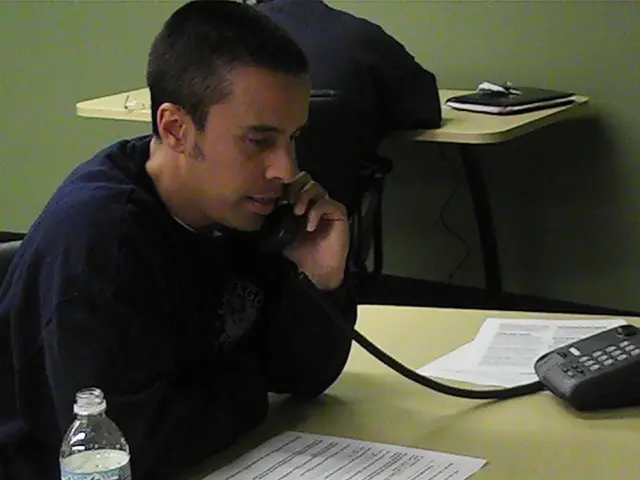SpaceX Urges South Africa to Relax Black Ownership Restrictions for the Launch of Starlink in the Country
In a significant move, SpaceX's Starlink has proposed an equity-equivalent investment program to South African regulators as an alternative to the existing Black Economic Empowerment (BEE) rule. This proposal, if approved, would allow Starlink to contribute to BEE goals by investing in infrastructure and community projects, such as providing free high-speed internet to about 5,000 rural schools, benefiting roughly 2.4 million students.
The proposed program aligns with exemptions granted in other sectors, notably the automobile industry, where companies like BMW, Ford, and Toyota were permitted to form transformation funds instead of giving up ownership control. These funds supported historically disadvantaged communities yet enabled the automakers to retain operational control, serving as a precedent for Starlink’s request.
The potential implications for South Africa's BEE framework include increased regulatory flexibility, economic inclusion, and policy debate. Equity-equivalent programs could become a standardized alternative for telecom operators, potentially modernizing and increasing foreign investment by reducing ownership barriers. However, critics fear they may dilute the original intent of ownership-based empowerment by allowing international firms to avoid direct Black ownership.
The South African government is actively reviewing submissions on this issue, balancing the need for expanded internet access and economic transformation. Domestic critics, such as the Economic Freedom Fighters (EFF), warn reforms might undermine BEE’s fundamental goals of economic justice.
Starlink has already launched service in 17 African countries, including Namibia, Botswana, and Mozambique. If the proposal is accepted, it could reshape South Africa’s BEE framework by focusing on economic contributions and infrastructure development rather than equity stakes. However, this raises contentious debates around the balance between fostering foreign investment and maintaining the integrity of Black ownership mandates.
The BEE rules were introduced after apartheid to address decades of exclusion of Black South Africans from the formal economy. However, they have drawn criticism from investors, with Elon Musk, who was born in Pretoria, describing them as "openly racist."
The proposed equity-equivalent investment programs would provide regulatory clarity and encourage international operators to invest in infrastructure and community development. Such flexibility could help South Africa expand connectivity while maintaining the goals of its Black Economic Empowerment (BEE) framework. The proposed changes would apply to all current and future potential operators, not just Starlink.
Read also:
- Industrial robots in China are being installed at a faster rate than in both the United States and the European Union, as the global market for these robots faces a downturn.
- Hyundai N affirms transition to hybrid performance-centric models, initiating with Tucson N
- Stock markets in India anticipated a moderate opening, influenced by mixed signals from global markets.
- EV Charging Network Broadens Reach in Phoenix, Arizona (Greenlane Extends Electric Vehicle Charging Infrastructure in Phoenix)








